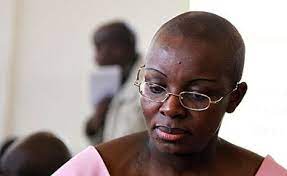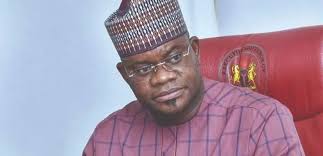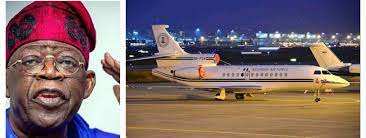Rwandan Court Bars Opposition Leader from Presidential Race Amid Criticism

A Rwandan court has ruled against opposition leader Victoire Ingabire’s bid to contest in the upcoming presidential elections slated for July, citing her previous convictions for terrorism and genocide denial.
Ingabire, a vocal critic of President Paul Kagame’s administration, had sought permission from the Kigali high court to participate in the polls despite legal restrictions barring convicted candidates who have served six months or longer in prison.
However, the court rejected her request, emphasizing the legal ban on individuals with prior convictions.
Expressing her disagreement with the court’s decision, Ingabire denounced it as politicized and criticized the perceived lack of independence in Rwanda’s judicial system.
Under Rwandan law, she will only be eligible to appeal the ruling after two years.
The upcoming elections are widely anticipated to secure another term for President Kagame, who has been in power for decades.
Despite controversies surrounding constitutional amendments potentially extending his rule until 2034, Kagame remains the favored candidate, having won previous elections with overwhelming support.
Green Party leader Frank Habineza emerges as Kagame’s sole challenger in the July polls, with other opposition parties aligning with the ruling Rwandan Patriotic Front.
However, Ingabire’s Dalfa Umurunzi (Development And Liberty For All) movement, though not officially registered, presents an alternative voice in the political landscape.
Ingabire’s activism and outspokenness have led to accusations of “divisionism” by questioning the government’s narrative of the 1994 genocide, which targeted the Tutsi minority and resulted in widespread atrocities.
Despite Rwanda’s stability under Kagame’s leadership, his administration’s human rights record has faced criticism from international observers.
As Rwanda prepares for the upcoming elections, the exclusion of Ingabire from the presidential race underscores ongoing tensions surrounding political dissent and the limited space for opposition voices in the country’s political sphere.





